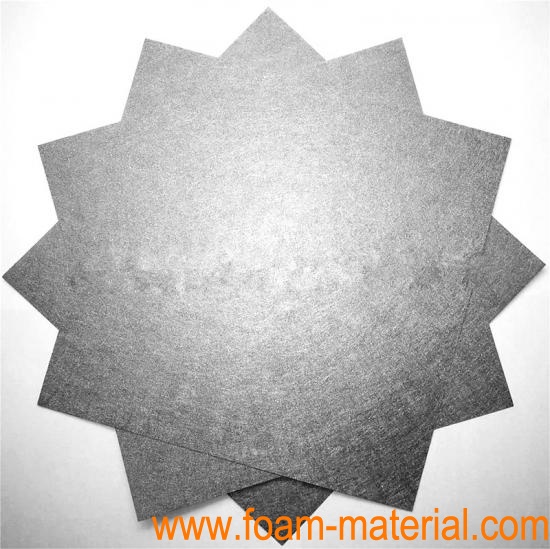Fuel cells have emerged as a promising technology for generating electricity with high efficiency and low environmental impact. However, their widespread adoption still faces significant challenges, including high cost, durability, and performance issues. One of the critical components of fuel cells is the electrode, which catalyzes the electrochemical reactions that convert the fuel and oxidizer into electricity. Titanium (Ti) felt has recently emerged as a promising alternative material for fuel cell electrodes due to its unique properties.
Ti felt is a highly porous and conductive material that can provide a large surface area for catalytic reactions. It is also corrosion-resistant, which can significantly improve the durability of the electrode. Ti felt has been shown to exhibit excellent electrocatalytic activity for both the anode and cathode of various types of fuel cells, such as proton exchange membrane fuel cells (PEMFCs), direct methanol fuel cells (DMFCs), and solid oxide fuel cells (SOFCs).
The use of Ti felt in fuel cell electrodes can also potentially reduce the cost of the fuel cell. Traditional fuel cell electrodes are typically made of expensive noble metals such as platinum, which can significantly increase the cost of the fuel cell. However, Ti felt can be coated with a thin layer of noble metal catalysts, such as platinum, to achieve high electrocatalytic activity while reducing the amount of precious metal used.
Moreover, Ti felt can be easily fabricated into various shapes and sizes, making it highly adaptable to different fuel cell designs. Ti felt can also be used as a support material for catalysts, providing a stable and conductive framework for the catalyst particles.
However, the use of Ti felt in fuel cell electrodes is still in the early stages of research and development. Further studies are needed to optimize the performance and durability of Ti felt electrodes, as well as to explore new methods for integrating Ti felt into fuel cell systems.
In conclusion, Ti felt shows great promise as an alternative material for fuel cell electrodes due to its unique properties, such as high conductivity, porosity, and corrosion resistance. Its use can potentially reduce the cost of fuel cells while improving their performance and durability. As the development of Ti felt for fuel cell electrodes progresses, it could play a crucial role in the advancement of fuel cell technology and its widespread adoption in various applications.

 Daisy@foam-material.com
Daisy@foam-material.com


